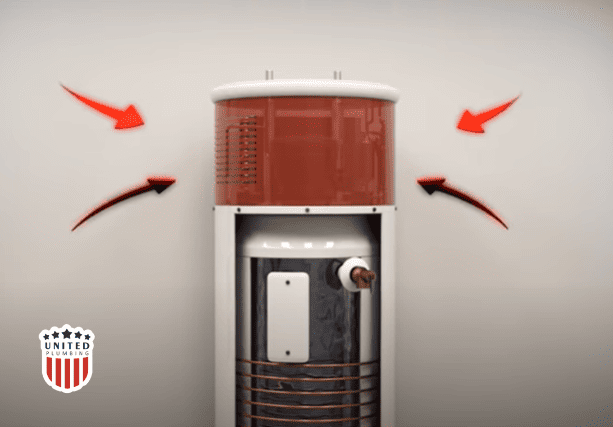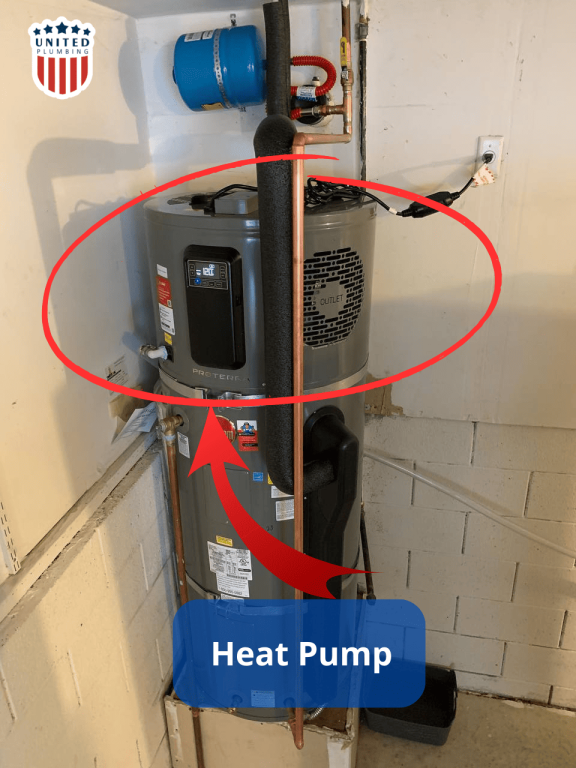California’s Green Initiative: the ban on gas heaters and water heaters by 2030
Introduction
California, the Golden State, has long been a frontrunner in the pursuit of eco-friendly and sustainable initiatives. In line with its commitment to reducing emissions and complying with Environmental Protection Agency (EPA) standards, California has set its sights on a new target – banning the sale of gas heaters and water heaters by 2030. While this move may seem significant, its impact on the daily lives of Californians may take some time to fully materialize. This article explores the background of California’s green initiatives and delves into what this latest ban means for residents and the environment.
A Green Revolution
The green revolution in California gained momentum in 2018 when former Governor Jerry Brown signed a landmark bill to ensure that the state’s electrical grid is powered entirely by renewable sources. Alongside this commitment, an executive order was issued to make California a carbon-neutral state by 2045. These actions set the stage for a significant shift towards sustainability.

The Household-Level Change
Now, California is focusing on making changes at the household level. In September 2022, CARB voted to ban gas heaters and water heaters. While many residents and organizations have embraced this decision, there are those who still question its necessity, citing concerns about an unfair financial burden on the state’s citizens.
While the ban is set to come into effect in 2030, it’s important to note that existing gas heaters and water heaters will not need to be retrofitted at this time. Instead, this regulation will primarily impact the availability of new gas-powered heating systems, meaning you won’t have the option of buying one after 2030.
Incentives for the Transition
To ease the transition, the state will provide rebates on electric water heaters and heaters. Although they will be implemented by 2030, making the shift towards electric heating more financially feasible for Californians.
Environmental Impact and Building Sector
The ban on gas heaters and water heaters is part of a broader effort to combat climate change and limit ozone levels in the atmosphere to .70 parts per million, as stipulated by the EPA standards. While the changes may sound daunting, they align with California’s broader goals of environmental sustainability.
Furthermore, this transition will have a significant impact on the building sector. CARB’s findings reveal that 5% of nitrogen-oxide emissions originate from buildings, with a substantial 90% coming from space and water heaters. In response, the state is phasing out government incentives for installing gas lines in new constructions, which will take effect in the coming year. This move will encourage builders and developers to embrace alternative, cleaner energy sources.
Alternative water heaters
In the quest for more energy-efficient and environmentally-friendly options, United Plumbing recommends alternative water heaters that offer distinct advantages over traditional gas water heaters. Let’s explore two such alternatives: electric water heaters and heat pump (hybrid) water heaters.
Heat Pump Water Heater:
Heat pump water heaters are known for their exceptionally high efficiency ratings, making them a green and cost-effective choice. Instead of generating new heat, these units transfer existing heat from the surroundings to heat the water, resulting in significantly reduced energy consumption. This innovative approach to water heating helps in saving on utility bills and reducing your carbon footprint.


Hybrid Water Heater:
Hybrid water heaters offer the flexibility to switch between electric heating and heat pump settings, providing a versatile solution for various needs. In most situations, the heat pump setting is highly efficient and cost-effective, making it the default choice.
It’s important to note that hybrid water heaters do not offer a gas heating option.

Conclusion
California’s latest initiative to ban the sale of gas heaters and water heaters by 2030 is another significant step in its journey towards a more sustainable and eco-friendly future. While the ban might raise concerns among some residents, it is a crucial move to align with EPA standards and mitigate the state’s impact on the environment. California continues to lead the way in green initiatives, and with the promise of rebates for electric heating solutions, the transition promises to be both environmentally and economically beneficial in the long run.
Post views: 814

